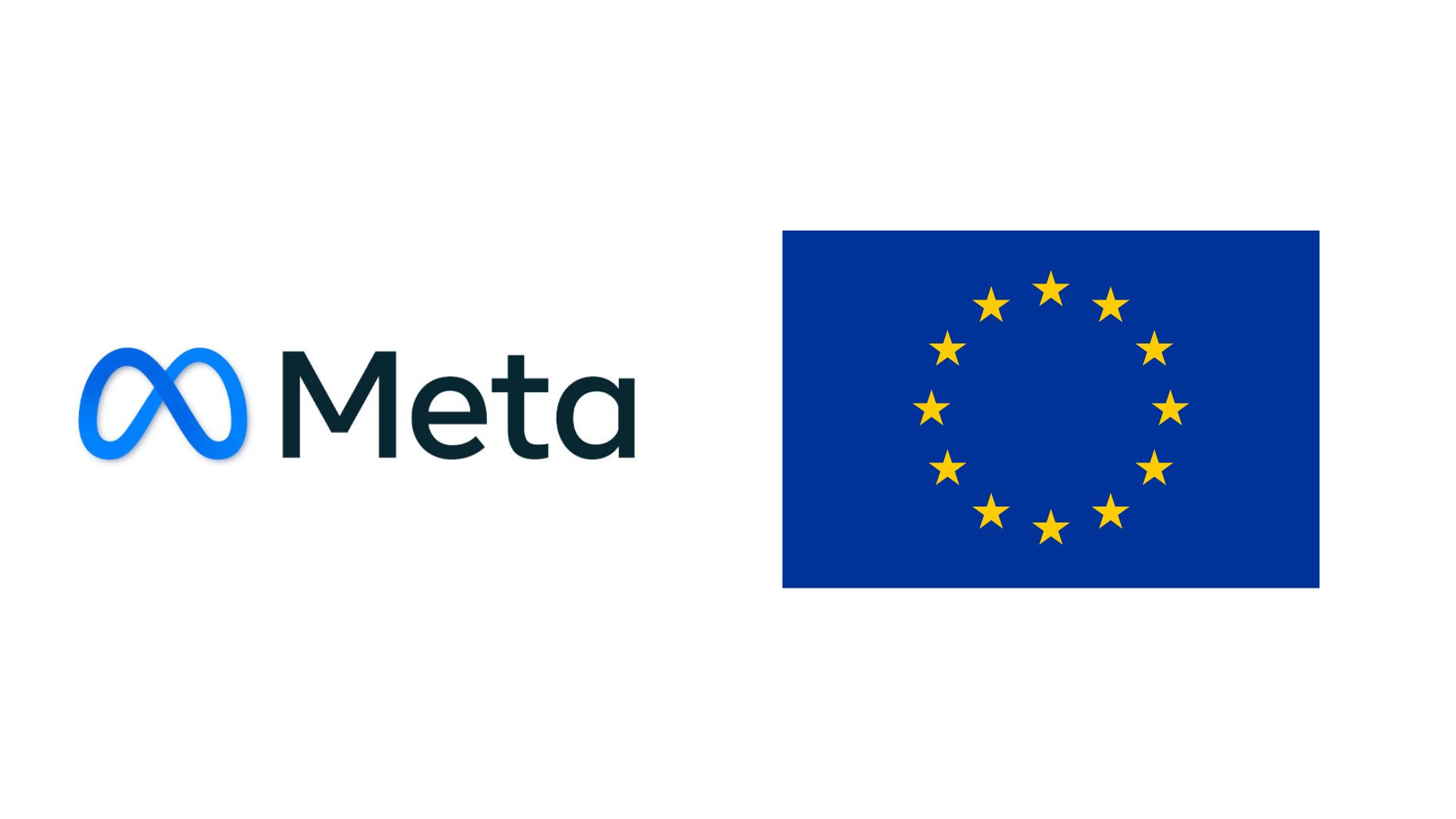Mark Zuckerberg has pledged to invest hundreds of billions of dollars to build a network of massive data centres focused on superintelligent AI. The initiative forms part of Meta’s wider push to lead the race in developing machines capable of outperforming humans in complex tasks.
The first of these centres, called Prometheus, is set to launch in 2026. Another facility, Hyperion, is expected to scale up to 5 gigawatts. Zuckerberg said the company is building several more AI ‘titan clusters’, each one covering an area comparable to a significant part of Manhattan.
He also cited Meta’s strong advertising revenue as the reason it can afford such bold spending despite investor concerns.
Meta recently regrouped its AI projects under a new division, Superintelligence Labs, following internal setbacks and high-profile staff departures.
The company hopes the division will generate fresh revenue streams through Meta AI tools, video ad generators, and wearable smart devices. It is reportedly considering dropping its most powerful open-source model, Behemoth, in favour of a closed alternative.
The firm has increased its 2025 capital expenditure to up to $72 billion and is actively hiring top talent, including former Scale AI CEO Alexandr Wang and ex-GitHub chief Nat Friedman.
Analysts say Meta’s AI investments are paying off in advertising but warn that the real return on long-term AI dominance will take time to emerge.
Would you like to learn more about AI, tech and digital diplomacy? If so, ask our Diplo chatbot!








